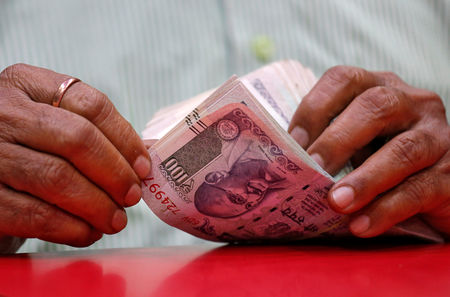Introduction: The Direct Benefit Transfer (DBT) system has emerged as a transformative force in India’s welfare landscape. Leveraging the JAM trinity—Jan Dhan, Aadhaar, and Mobile—it channels cash directly into beneficiaries’ bank accounts. This article delves into the multifaceted impact of DBT and its pivotal role in shaping the future trajectory of welfare policies.
1. Corruption Reduction and Efficiency: The recent expansion of DBT across Indian states has substantially curtailed corruption in welfare schemes. By eliminating middlemen, leakages have been minimized, resulting in significant monetary savings. The opportunity cost of not having DBT is staggering, with approximately Rs 3.5 trillion saved since FY2015. These savings, allocated across flagship schemes like PDS and MGNREGS, underscore the monumental impact of DBT in combating corruption and optimizing resource allocation.
2. Stimulating Consumption-Driven Benefits: DBT transfers have catalyzed consumption-driven benefits, particularly among marginalized communities. Integration with the UPI ecosystem has facilitated seamless fund transfers, enhancing accessibility and utilization. The NSSO2022-2023 data indicates a marked improvement in consumption levels, attributed partly to the efficient disbursal of welfare transfers. The UPI digital stack has further augmented consumption options, empowering individuals to make informed choices and fostering economic inclusivity.
3. Empowerment, Especially for Women: At the grassroots level, DBT’s integration with UPI has empowered rural women by granting them financial autonomy. Previously, benefits under schemes like PDS were often usurped by male relatives for personal use. DBT ensures direct fund transfers to women’s bank accounts, enabling independent and prudent spending. This empowerment extends beyond gender, providing the poor with a wider array of choices and enhancing financial literacy. DBT’s impact transcends economic realms, fostering social empowerment and agency among the marginalized.
Conclusion: The DBT ecosystem represents a paradigm shift in India’s welfare architecture, heralding a new era of efficiency, transparency, and empowerment. Its cumulative impact, reflected in substantial savings and enhanced welfare outcomes, underscores its indispensable role in fostering inclusive growth. As India commemorates progress, DBT stands as a testament to the transformative power of innovative policy interventions in realizing the nation’s developmental aspirations.
Sources Of Information: Moneycontrol

















